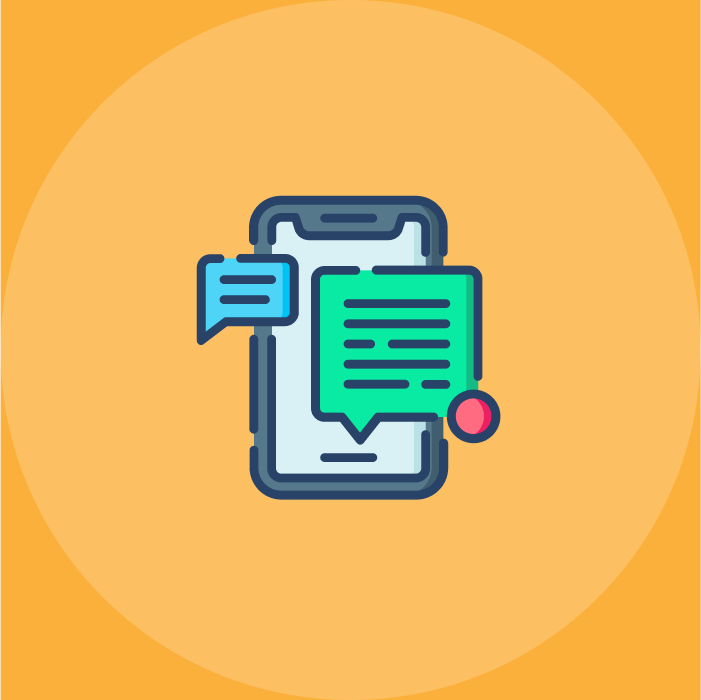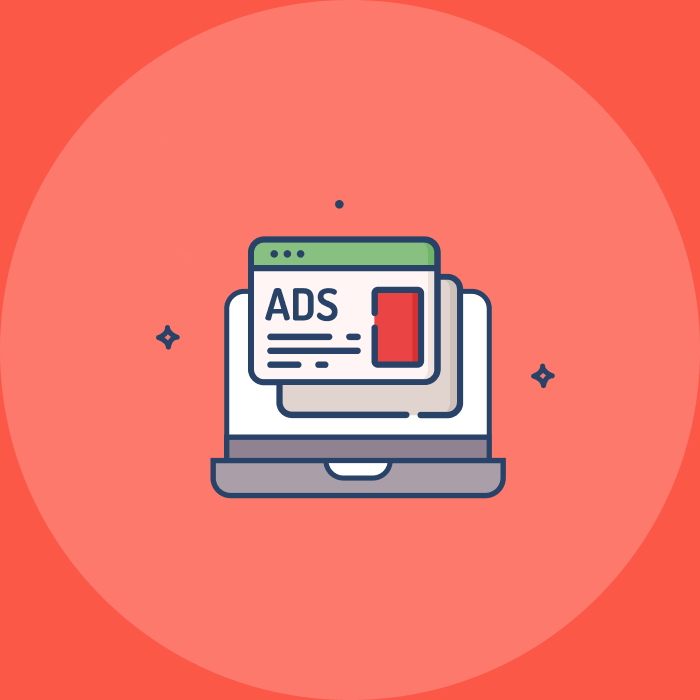Personalized messages can be a double-edged sword, but when used correctly they can be incredibly helpful and support your overall mission.
We’ve all experienced personalized marketing communications: “Is my phone listening to my conversations?” Whether from Amazon suggesting additional products based on purchase history, Netflix recommending new shows, or Instagram ads targeted at you after a friend has been on your WiFi network.
And while is may seem a bit creepy, when done right and at the right time, personalized marketing can be fun, helpful and unique.
And of course, there’s the financial side of it: US mobile spending will account for more than one third of the total media ad spending in 2019, or over $87 billion.
Eighty percent of consumers are more likely to purchase a product or service online when they experience personalized messaging and 70% of millennials are frustrated with irrelevant marketing messages and openly navigate to brands who minimize that type of communication.
Additionally, 90% of online shoppers are willing to share personal data if it means receiving more customized offers and content as a result; 72% of consumers engage only with companies who offer at least some content personalized to their specific needs; and personalizing marketing alone can reduce acquisition costs by as much as 50% while lifting revenues up to 15%.
Personalization doesn’t have to mean that a pair of shoes you looked at appears in every display ad. When helpful, it provides information specific to your needs, whether that be an upcoming appointment, a gate change at the airport, most efficient walking route, a 20% off coupon at a nearby vendor, a reminder about an upcoming deadline...the list goes on.
At Concept3D, we build immersive maps that are used by retailers, higher education, businesses like data centers and event locations, among many others. Because we work across so many industries, we often get custom requests, and more and more we’re seeing personalization as a trend.
So the challenge is how the services that we offer evolve, become smarter and equip people with helpful, personalized messages at the right time. Below are some growing trends in the personalization of mobile communication and marketing that I anticipate will really take off in the next couple of years.
1. Pre- and On-Location Event Communications
Anyone who’s been to a major event recently has likely experienced the beginnings of interactive, personalized marketing: text a number or download an app, and you get to participate in real-time polls and other fun (and usually opt-in) programs.
Whether people are going to Coachella, CES, or a Monster Truck rally, events can be overwhelming. Where to park, eat and where are the restrooms? What’s the schedule?
Adding personalized touches throughout the entire process, including before and after the event can create a simplified process for both the event organizers and attendees. With people on the move, mobile push notifications and text messages remain among the best ways to reach them.
Having an app, system or a website that is mobile friendly is the first step to personalized communication. Alerts or announcements are often used within event tech to communicate updates or important information with attendees. There are plenty of opportunities to use these alerts to create a personalized attendee experience.
For example, based on pre-selected events of interest, push notifications could alert someone of an event starting in 15 minutes and offer a link to a map with the quickest way to get there from their current location.
For example, attendees could select events that interest them from a set program and opt-in to receive alerts before a keynote session or performance. Creating a personalized mobile schedule is another way to make your event more personal.
Custom schedules can have everything from all of the sessions the attendee wants to see to things like flight itineraries to dinner reservations.
Having this information obtainable in the app is one thing. But, not all users will download an app, so adding a widget to your website’s homepage that links to your attendee’s personal schedule, is great for easy access.
2. Healthcare
Navigating hospitals is a challenge and healthcare pros know it - it’s a major inconvenience at a potentially inopportune time to be lost, and on the other side, no-shows or late patients can cost a lot of time and money. I anticipate that personalized reminders tied to outdoor and indoor wayfinding systems will be here soon, making life easier for everyone.
Gatwick Airport launched an augmented reality wayfinding system, something we’ll likely see the healthcare industry (and other industries) apply, because it makes a lot of sense when there’s a big spread-out campus with the potential for confusion.
There’s a lot of excitement on our end about how personalized messaging will tie in with interactive maps, virtual tours, and wayfinding.
3. Education
Personalized mobile marketing content is a must for colleges and universities. Higher education focused marketers understand the complexity of college audiences: convincing prospective students to attend your university is very different from the alumni whose loyalty you need to build and nourish.
Both audiences might attend your campus and visit your buildings for entirely different reasons and having personalized marketing tools for both audiences is key.
There are so many options for students to choose from and personalized videos, emails, and on-campus tools can help schools stand apart. Schools can position themselves, as the best fit for a particular student based on an academic program, extracurriculars, or career goals that student wants to pursue.
In our work at Concept3D, when prompted with an info request form, we’ve seen a 40% conversion rate with our virtual tour system.
That information can provide higher education with a lot of opportunity for connecting on a more personal level, including the potential to have prospective students sign up to receive personalized messages on text or other channels about the best times to visit campus, someone to talk to about what it’s like to be a student, and more.
Subscribe to weekly updates
You’ll also receive some of our best posts today











